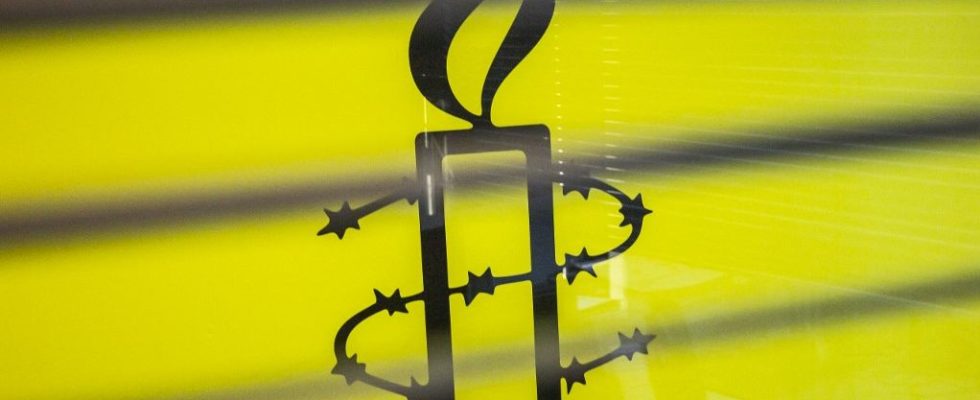Human rights defenders are preparing to make their voices heard at global climate negotiations next week in the United Arab Emirates, amid fears of surveillance and even arrest by host country authorities.
The Gulf oil monarchy, where protests are rarely allowed, has said environmental activists will be able to “assemble peacefully” in designated areas at the UN Climate Conference (COP28), a vast complex in the middle of the desert in the suburbs of Dubai. But these assurances, accompanied by the promise of “inclusive” negotiations, were not enough to reassure activists determined to raise issues related to human rights.
“There are also broader concerns about the extent of surveillance,” says Asad Rehman of the Climate Justice Coalition, which is planning action on the ground. It also highlights the authorities’ access to “digital communications” surveillance technologies.
The United Arab Emirates, a federation of seven emirates, bans unauthorized protests, as well as criticism of its leaders and any comments likely to encourage social unrest. Homosexuality is prohibited there. Defamation and verbal or written insults, whether published or uttered in private, are also subject to legal action, as is offending a foreign state.
LGBTQ+ asked to remain discreet
In 2020, a Jordanian resident in the country was sentenced to ten years in prison for criticizing the Jordanian royal family and government on Facebook, according to Human Rights Watch (HRW). HRW and Amnesty International accuse the Emirates of detaining at least 64 of its nationals for political reasons, including Ahmed Mansoor, nicknamed “the last human rights defender” of the Emirates. Arrested in 2017, he was sentenced the following year to ten years in prison for disseminating false information on social media and damaging the reputation of the State, under a law on cybercrime.
In a document addressed specifically to participants from the LGBTQ+ community, “all visitors and residents are asked to respect the cultural and societal values” of the country. Another recommending that journalists not publish information that could “directly or indirectly offend the regime in place” or “undermine national unity and social cohesion” was published last month and then deleted. It was an “old guide”, whose “content is obsolete and is not relevant for the media” participating in the climate negotiations scheduled from November 30 to December 12, explained the Emirati team of the COP28.
A UN-managed zone for protests
Demonstrations, frequent during previous COPs, were authorized during the last UN climate conference in Egypt, where the authorities regularly repress demonstrations and arbitrarily arrest activists. This year, gatherings should be confined to the “blue zone” of COP28, a space managed by the UN and not by local authorities. “No civil society actions or events will take place outside the COP site due to security risks,” says Asad Rehman of the Climate Justice Coalition.
According to him, activists plan to denounce the treatment of migrant workers in the Emirates, the detention of civil society actors, as well as the production of fossil fuels, all taboo subjects for the authorities. “We have been open with the presidency of COP28 and the United Nations and they are well aware (…) that for us there can be no climate justice without human rights,” he said. A Kenyan activist is worried about something else. “I am a transgender girl and I will have to hide it,” she said on condition of anonymity.

